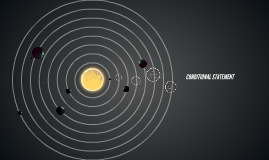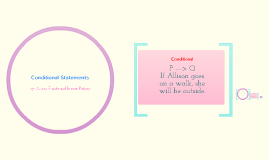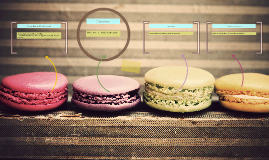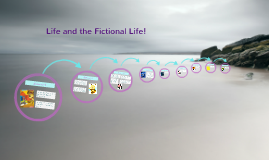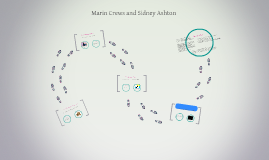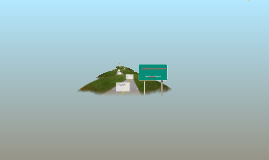CONDITIONAL STATEMENT
Transcript: Inverse Converse Inverse "You play sports all year round," "You are in shape!" Conditional Statement If you play sports all year round, then you are in shape! The conclusion is usually at the ending of every sentence starting with the word "then". Regular: "If you play sports all year round,then you are in shape!" INVERSE: "If you do NOT play sports all year round,then you are NOT in shape! Hypothesis CONDITIONAL STATEMENT Conclusion Regular sentence: "If you play sports all year round , then you are in shape!" Contrapositive: "If you are NOT in sports, then you do NOT play sports all year round!" Regular Sentence: "If you play sports all year round, then you are in shape!" Converse sentence: "If you are in shape, then you play sports all year round!" The hypothesis is at the beginning of almost every sentence, starting with the word "if". Contrapositive






